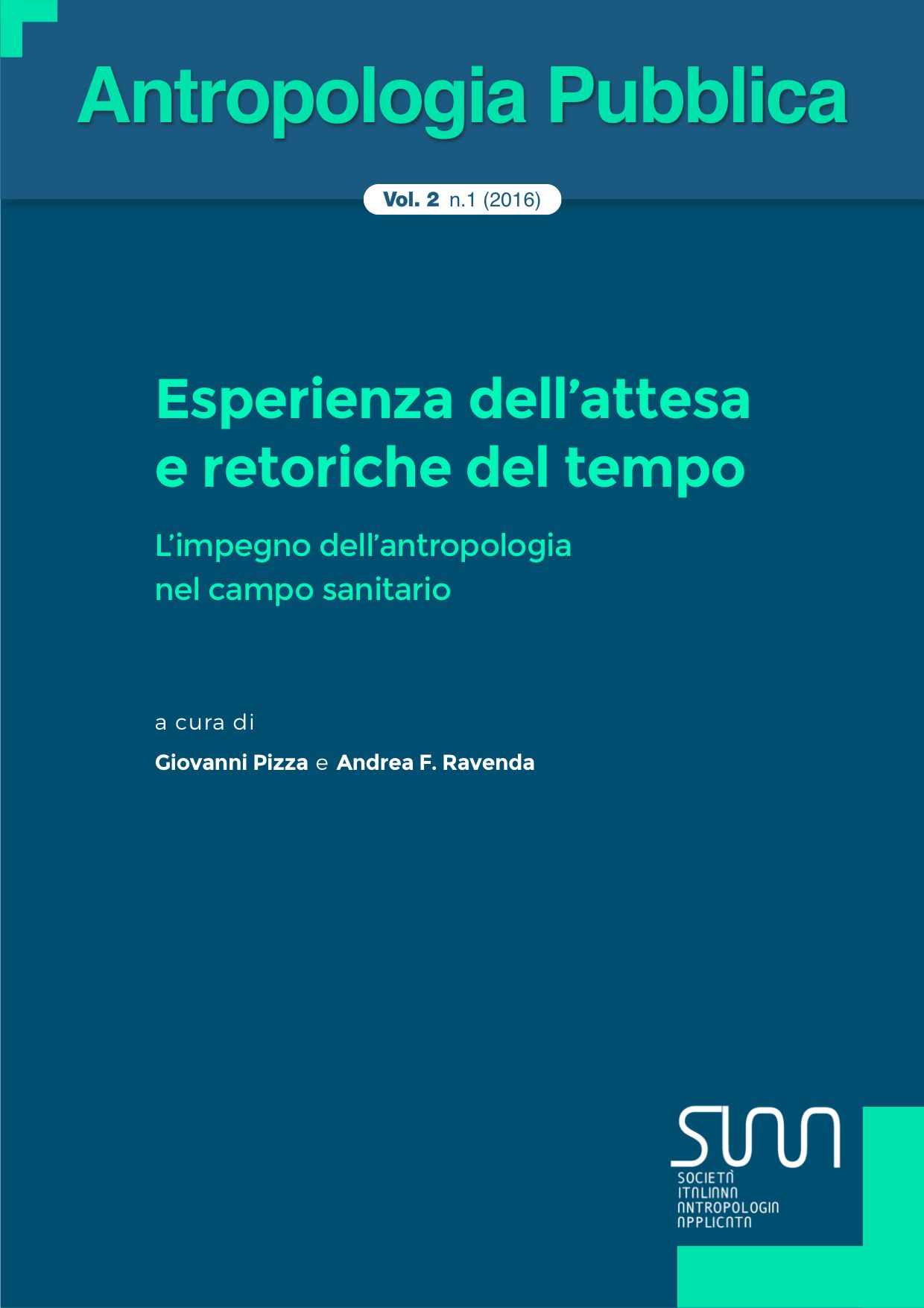Il tempo di parlare e segnare
Antropologia, politiche e pratiche del tempo nella sordità
DOI:
https://doi.org/10.1473/anpub.v2i1.20Abstract
Disability is a profoundly relational category, always already created as a distinction from cultural ideas of normality, shaped by social conditions that exclude full participation in society of those considered atypical Faye Ginsburg, Rayna Rapp, Disability worlds, 2013. This article explores how the temporal needs of intervention for deaf people defines therapies inside the clinical spaces, and appears as an essential and political element inside the controversy between associations and institutions deafness related. Inside the clinical/therapeutic process of enabling language for deaf, the “time” – divided by the contradiction “fast”/“slow” – appears as characteristic element as well as useful tool to investigate health system linked to deafness. In a biomedical fieldwork defined by the balance of power between social actors – associations, family, deaf people, audiologists, otorhinolaryngologists, speech therapists – the “time” and “mandate” practical-operational of clinical professionals tend to manage the production of health and disease. From this context, my contribution refers to an ethnographic case that I followed with health and education professionals to structuring an Italian Sign Language educational path, after the “failure” of biomedical approach based on multiple operations for inserting a Cochlear Implant.



